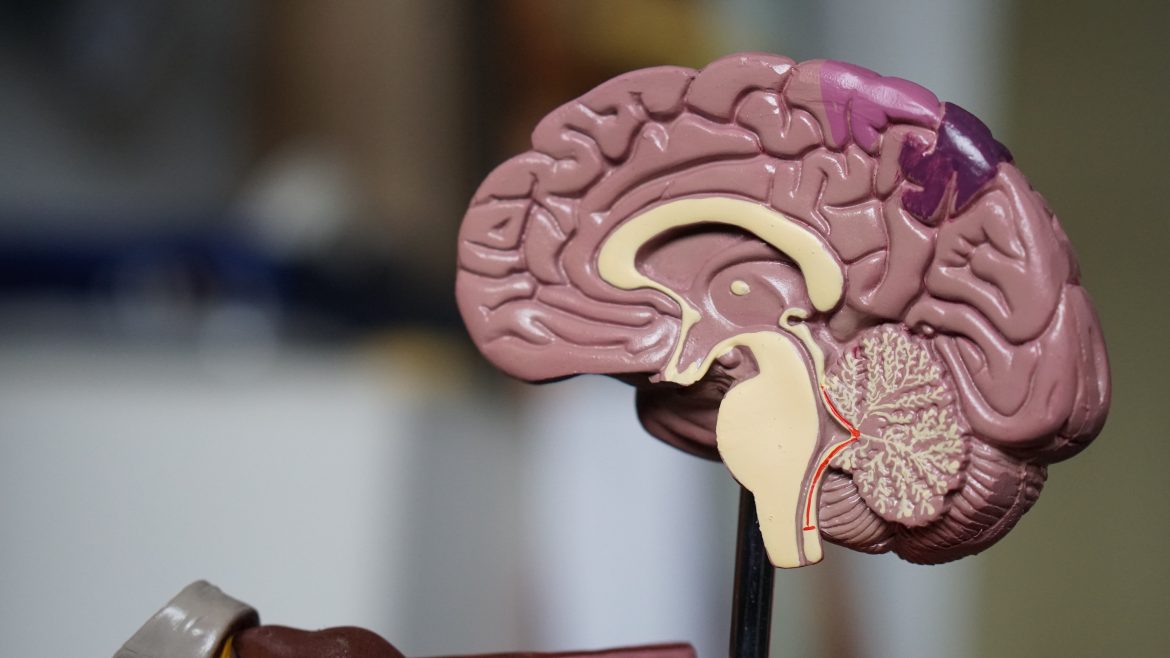The greatest weapon we have against cognitive decline and diseases like dementia is the lifestyle we live. Part of this is a wholesome diet. Most professionals will advocate for a Mediterranean style diet. We spoke to Cape Town-based integrative health clinician and practitioner in lifestyle genomics, James Raaff, for advice on what brain foods are best.
Brain foods to reduce neuro-inflammation
Servings: 2-3 daily servings
What: chilli peppers, oily fish, berries, olives, Brazil nuts and red cabbage.
Try: Beetroot and Cabbage Winter Salad
Brain foods to aid cell stability and communication
Servings: 2-3 daily servings
What: cocoa, green tea, coffee, wild-caught cold-water fish and shellfish, dark green leafy vegetables, nuts and seeds.
Try: Green Tea Smoothie
Brain foods packed with healthy fats
Servings: 4-5 daily servings
What: medium-chain triglycerides (MCTs) from coconut oil and ghee, omega-3s from oily fish, chia seeds, walnuts and olive oil.
Try: Roast Salmon and Clementine Chimichurri Sauce
Brainy Herbs & Spices
Servings: as you please
What: turmeric, rosemary and holy basil (one of the most revered medicinal herbs, originating from Southeast Asia, also known by its Hindi name ‘tulsi’).
Try: 5 Ways to use turmeric every day
What are not brain foods
Sugars, refined carbohydrates and foods high in omega-6s (corn, soybean, safflower and sunflower oils) should be minimised when it comes to eating for your brain. Diet is always a tricky thing, so don’t get overly stressed about it. Just avoid these foods as much as possible.
What are other ways to keep your brain young and healthy?
In the 2019 guidelines for reducing the risk of developing dementia released by the World Health Organization, lifestyle changes formed a pivotal role. Besides including brain foods in your everyday diet, regular exercise, reducing smoking and alcohol intake were all highlighted. And while we may think crosswords would be in there too, staying attentive and engaged (so your brain stores information long-term) in conversations, in the classroom and while watching interesting documentaries or reading information is more important.

